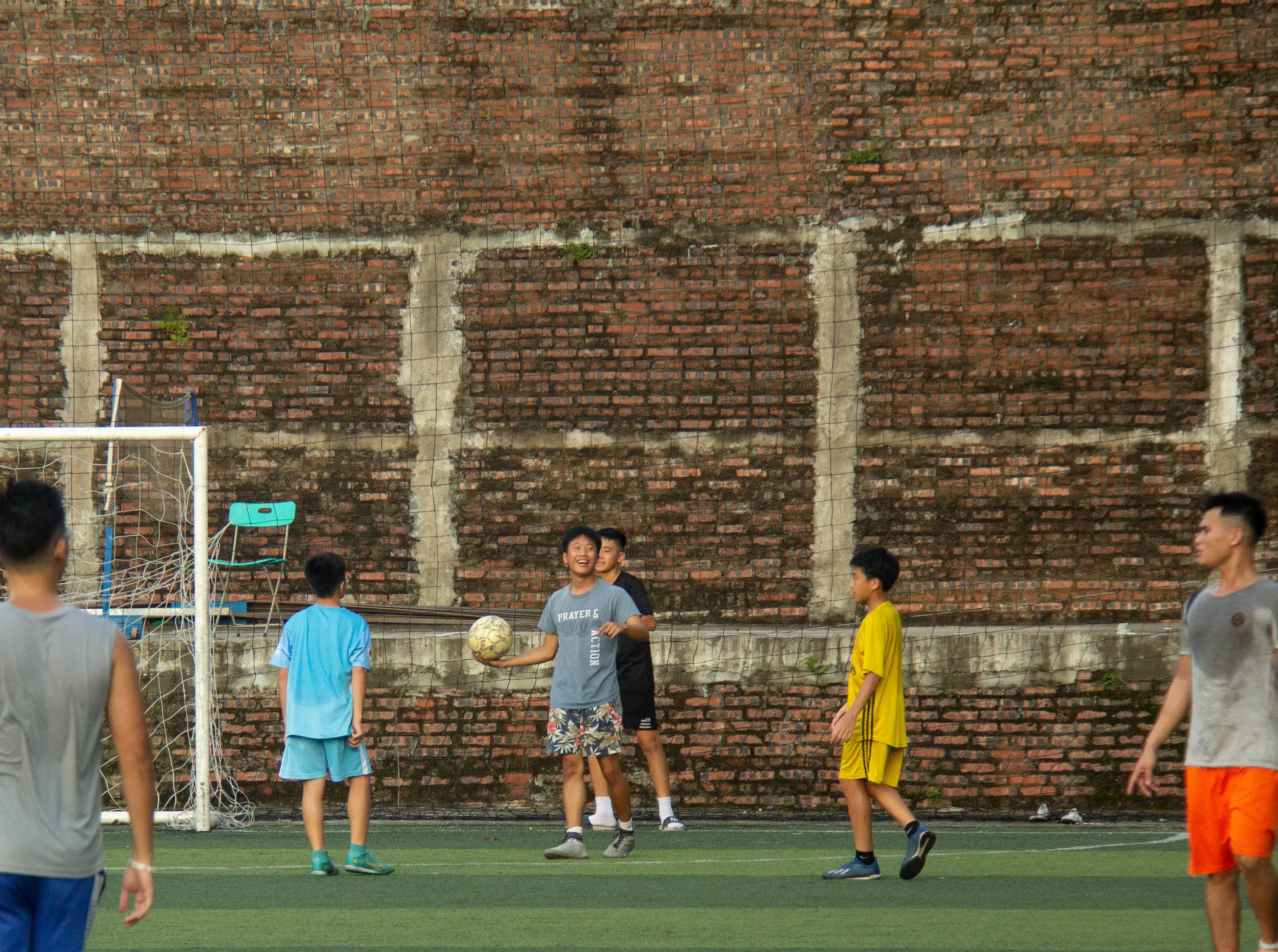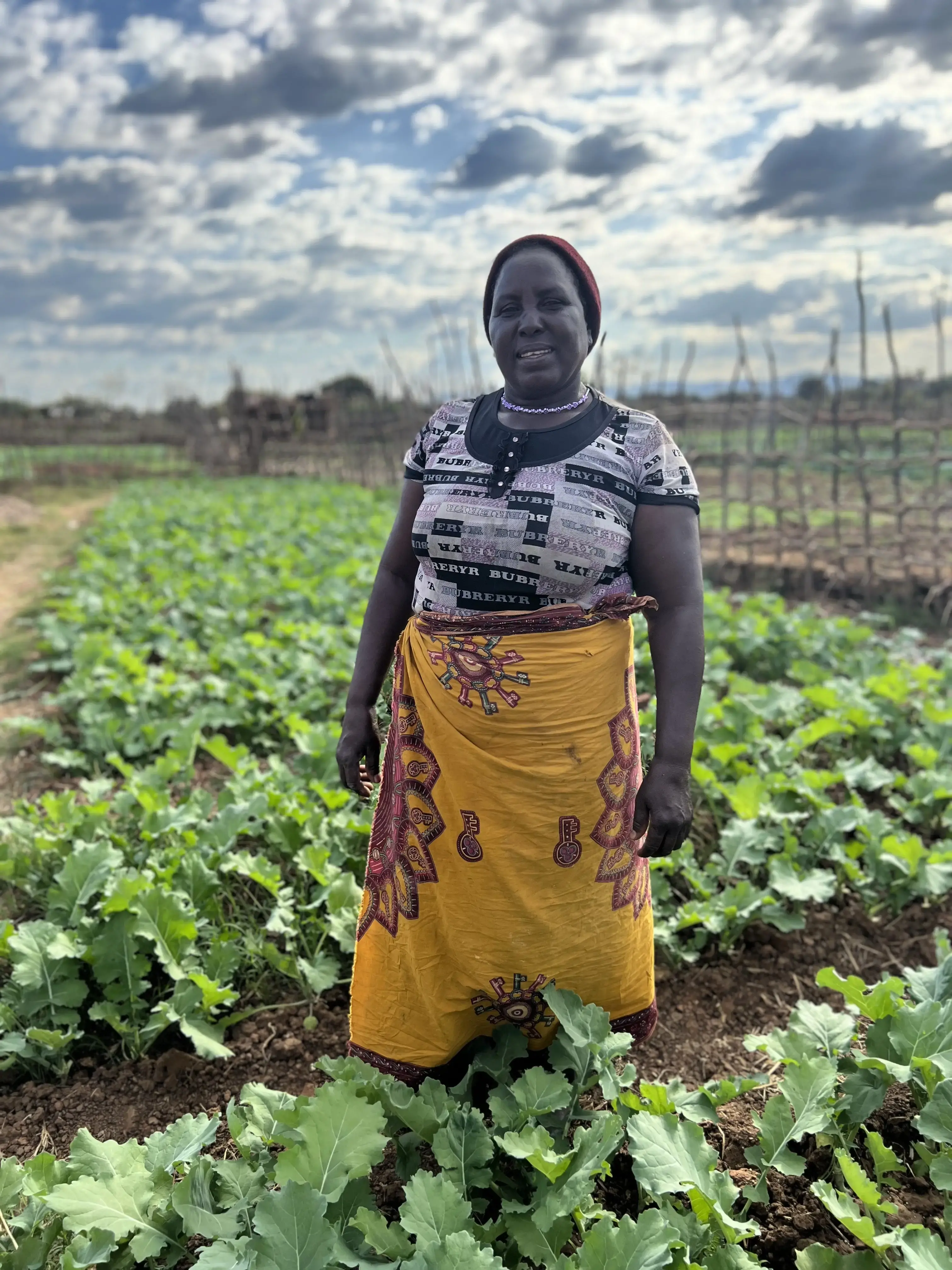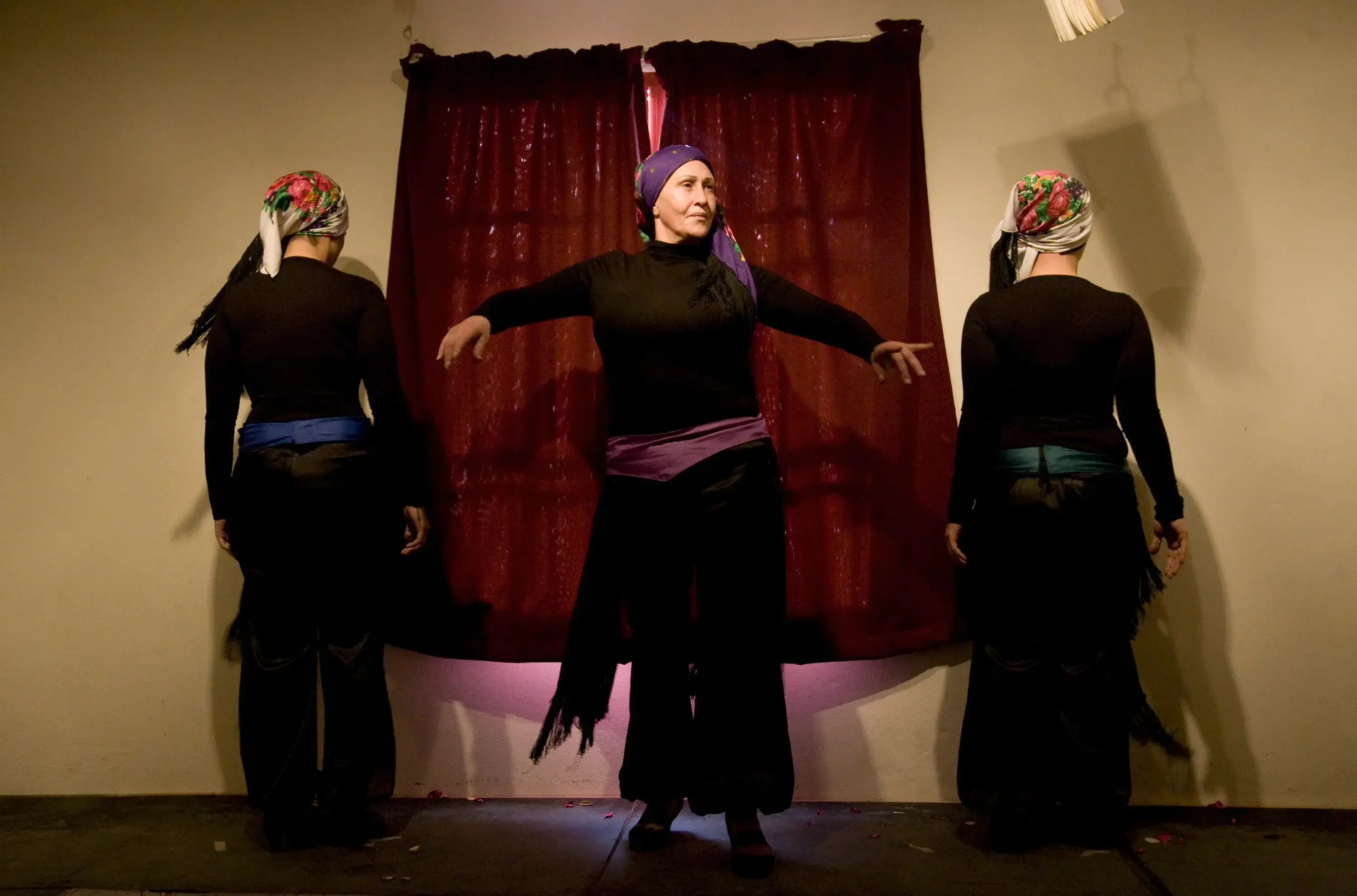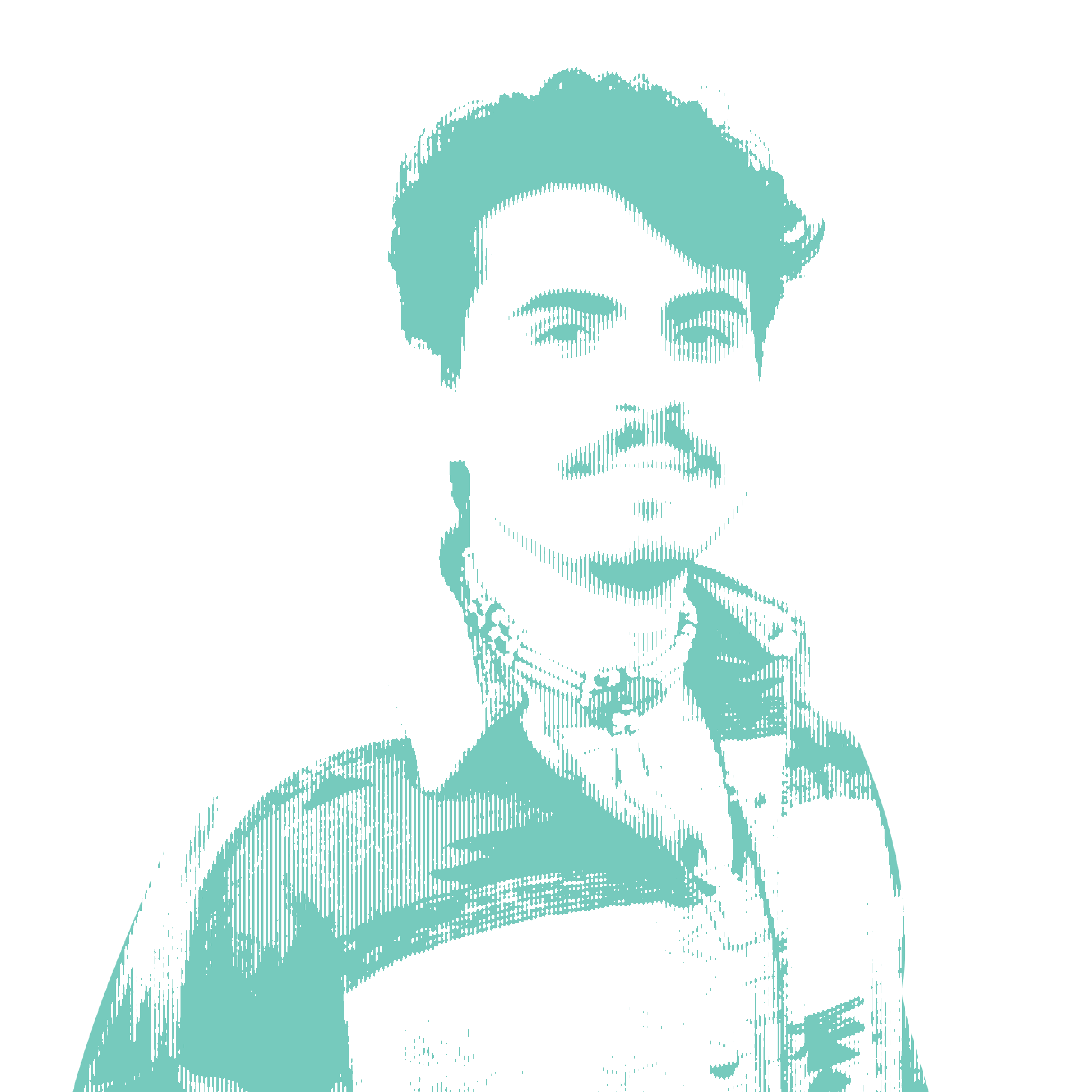Pulitzer Center Update Februari 14, 2023
Fellows' Reporting Gives Reasons for Hope
Stories of Hope from 2022
We are now selecting a new cohort of 2023 Reporting Fellows. But, before the process gets well underway, we’d like to reflect back on Fellows' reporting projects from 2022. Many of these stories, related to health, climate, Indigenous communities, and women and identity, highlighted ways to make this world a better place—and the people who are making that happen.

Health
Given the high maternal mortality rates associated with home births, the Kenyan government has been investing in efforts to encourage hospital births for expectant mothers in Kenya. Among the champions of this cause? Midwives, who were once evangelists of home births but now are working to spread awareness of the health benefits of hospital births. Post-graduate Reporting Fellow Anna Gordon from Columbia University Journalism School unpacks the story behind these efforts in her report “In Kenya, These Interventions Are Decreasing Maternal Mortality.”
Though daily pre-exposure prophylaxis (PrEP) pills are available as a preventive measure to protect the residents of South Africa’s Umlazi township from HIV, cultural norms and logistical difficulties prevent residents from being able to routinely take them. In “A 'Prevention Revolution' Offers Hope in the World’s Largest HIV Epidemic,” Post-graduate Reporting Fellow Shane Burke writes about new forms of the daily pill that have the potential to better protect South Africans from HIV and break the cycle of transmission.
“Heroin, Healing, and Hope in Hanoi” tells the story of the Aquila Rehabilitation Center, a Protestant addiction recovery center in northern Vietnam that provides essential services for vulnerable communities in Vietnam that traditional rehabilitation centers don’t offer. “At Aquila Rescue Center, students are not only treated with humanity … but they are also loved, cared for, guided by the pastor, staff, lecturers, and detox friends here. This is the opposite of what they get from previous rehab settings,” says Reporting Fellow Eliza Billingham from Boston University.
Culture Aid NOLA, or CAN, is a food bank in New Orleans that works to provide New Orleanians with access to food in a way that combats stigma and facilitates the process of getting food. “Typically, a traditional food bank may request individuals to present their state-issued ID, current pay stub, or utility bill in order to confirm their identity and demonstrate that they qualify for collecting food. CAN is not your traditional food bank,” Reporting Fellow Dylan Ortiz, from Westchester Community College, writes in “How a Local Food Bank Is Feeding the People and Serving the Culture of New Orleans.”
Candace Nguyen, the plastic surgery coordinator at Massachusetts General Hospital and a trans woman, supports transgender and non-binary patients who are looking for gender-affirming procedures at the hospital. Nguyen is profiled by Reporting Fellow Rachael Sorcher, from Boston University, in “Health Care Professionals Who Are Transgender and Non-binary Are Changing the Exclusionary Health Care System.”

Climate
With the advent of climate change, the city of Lusitu, Zambia, is becoming increasingly drier, and its residents are forced to contend with a harsher climate than they were used to. But Colleen Henegan, a Reporting Fellow from the University of Wisconsin, reported on how descendants of members of the Tonga tribe who lived along the Zambezi River have turned to traditional knowledge to deal with these changes in “When the River Runs Dry in Lusitu, Zambia.”
As climate change continues to advance and impact the marine environment in Hawaii, striped mullet fish have become increasingly hard to find. However, Reporting Fellow Grace Cajski, from Yale School of the Environment, uncovered how experts are working to restore the mullet population in and around Hawaii in “Innovations in Ancient Aquaculture Could Bring Striped Mullet Back to the Dinner Table.”
Indigenous Communities
Indigenous educators in South Dakota are working to start their own schools, build curriculum, and train teachers to preserve and teach younger Indigenous people about Oceti Sakowin culture, Reporting Fellow Jordan Rusche, from South Dakota State University, reports in “How the Oceti Sakowin Are Reclaiming Their Culture One School at a Time.”
Reporting Fellow Madeleine Harris, from William & Mary, wrote about the Northeast Native Network of Kinship and Healing in her story “Group Aims To Help Tribal Women Heal from Trauma.” This organization provides culturally relevant trauma-healing options to Native American women in Massachusetts.

Women and Identity
Reporting Fellow Meera Santhanam, from the University of Chicago, follows Zeina Daccache, a drama therapist in Lebanon, in the story “Lebanon: Drama Therapist Helps Inmates With Mental Illnesses While Pushing for Reform.” Daccache uses performance and theater to help incarcerated people suffering from mental illnesses in Lebanese prisons. Her work also raises awareness of an unjust penal code in Lebanon that effectively sentences those who are mentally ill to life in prison.
The share of women in the aquaculture industry appears to be growing over time, Reporting Fellow Grace Terry, from Elon University, reports in her story “Women Moving Into Growing Aquaculture Sector.” “The aquaculture industry is new, so you don’t have the expectation of stereotypes,” one of Terry’s sources said.
The documentary Beyond the Green Wave, produced by Syracuse University Reporting Fellow Natalia Perez-Gonzalez, follows Dominican Afro-feminists as they participate in the fight for expanded reproductive care, the cultural decriminalization of abortion, comprehensive sex education, and the inclusion of rural communities in collective efforts toward reproductive access.
The organization Liberty Cleaners has been working to empower Latina cleaning workers in New York, Reporting Fellow Elisa Agosto, from Guttman Community College, finds. Her documentary How an Activist Group in Brooklyn Is Empowering Latina Cleaning Workers tells the stories of several cleaning workers who have been able to build community with each other and learn their rights due to the support the organization provides.
As part of their reporting projects, Pulitzer Center Reporting Fellows also publish field notes, personal reflections that take the reader behind the scenes of the reporting, outlining either the thought process behind reporting efforts or profiling a source from their primary story that didn’t make it into the final product.
In a field note, Sydney Shuler, from Hampton University, writes about how she felt free from the white gaze for the first time in her life, while reporting in Chennai, India, on access to water in the city. “Even 8,366.1 miles away from home, the people I met in Chennai helped me feel more accepted in my own skin than I have ever felt in my home country,” she writes in her field note “Finding Home 8,000 Miles Away From It.”
We are very much looking forward to the stories our 2023 Fellows will tell. As Reporting Fellow Program Director Kem Sawyer says, “We’re so proud of the work our Reporting Fellows have done and we’re grateful to all for giving us reason to hope. We need you to tell these stories and show the world there are people out there making a difference. Together their actions and your reporting will make the world a better place, more equitable, more inclusive, and more sustainable.”
See a list of our Campus Consortium Partners below








